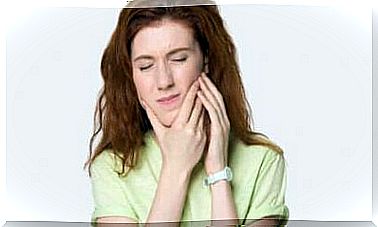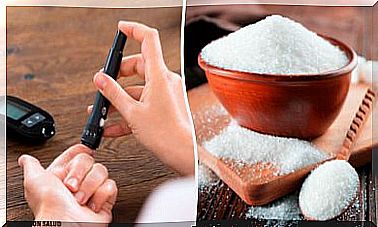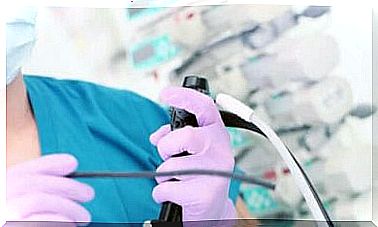Symptoms Of Cardiac Arrest, Prevention Is Better Than Cure!
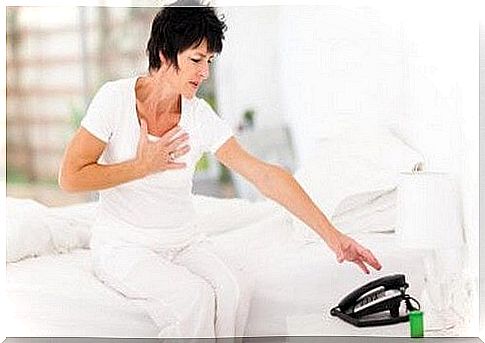
Health should never be underestimated. It is therefore important to know what the symptoms of cardiac arrest are so that you can act if they occur. By recognizing them, you can also help your doctor gather valuable information about your condition and what to pay more attention to.
What is cardiac arrest?
Before we see what symptoms precede cardiac arrest, we need to remember what it is. Well, a cardiac attack or arrest is a state of malaise that occurs when the heart suddenly stops beating.
When this situation occurs, the blood no longer flows to the brain and, as a result, the body becomes paralyzed. However, it should be noted that not a cardiac arrest is not the same as a heart attack or a heart attack. In this case the heart continues to beat even if the blood flow is reduced due to a blocked artery.
Symptoms of cardiac arrest
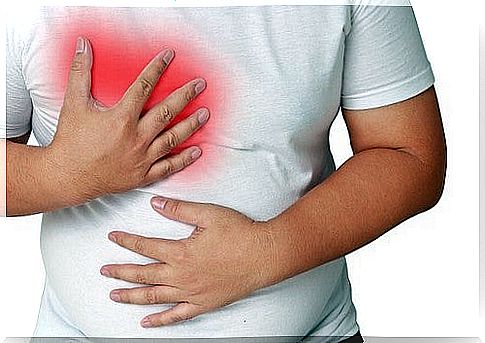
1. Respiratory problems
In medical terms it is known as dyspnea and is a symptom that has a higher incidence in women. It does not always precede an immediate heart attack, it can appear even months before.
If you feel tired and have difficulty breathing, be very careful as it could be a symptom of cardiac arrest. It is generally accompanied by great fatigue, an unmistakable symptom. If you suddenly feel exhausted with no apparent cause, see your doctor as soon as possible.
2. Excessive sweating

Excess sweating is another of the symptoms of cardiac arrest. If you notice that even if you are not exercising, you sweat easily and a lot, it may mean that your heart has a problem.
If the arteries are blocked, the blood is pumped with greater difficulty and the heart has to make more effort, this results in the appearance of hyperhidrosis. A consequence of the body’s response trying to maintain the right body temperature.
3. Indigestion and vomiting
While it may appear that there is no apparent relationship between cardiac arrest and digestive problems, this is indeed the case. Often a heart attack is preceded by digestive problems which include nausea and vomiting.
Nausea and vomiting rarely indicate a coronary artery problem. However, if you usually have a stomach of and have not ingested anything unusual, beware, as there may be a more serious problem.
4. Chest pain
This is one of the easiest to recognize and most frequent symptoms of cardiac arrest. However, we must bear in mind that this is not always the case.
As explained in some scientific articles like this one, when patients experience chest pain, they must be taken to the hospital for proper evaluation and for them to receive the right care, with specific treatment.
In any case, chest pain (angina pectoris) is usually an easily recognizable symptom. To identify it, just think that it is a type of pain that is felt with intense pressure in the chest and that can spread along the arms and shoulders.
However, experiencing chest pain is not always and only a sign of cardiac arrest; that is to say that it can be associated with other pathologies, for which medical auscultation is essential.
5. Back and jaw pain
We may also experience back and jaw pain as a result of chest pain. These symptoms tend to appear more among women than men, so if you notice them, see your doctor right away.
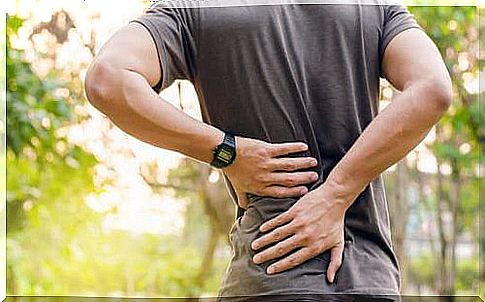
6. Stun
Confusion can also be a symptom of cardiac arrest. The most common thing is that it is accompanied by dizziness which may increase.
The person loses balance and feels lightheaded. It is important to remain calm and not to make any sudden movements.
Advice in the presence of symptoms of cardiac arrest
If you notice any of these symptoms and they are not associated with a specific discomfort such as stomach pain, a diagnosed stress picture, etc., you should contact your doctor as soon as possible to determine the cause of these symptoms.
Prevention is the key to uncovering possible heart disease. Among the healthy habits indicated by the World Health Organization (WHO) that will help prevent a heart attack, there are: a healthy diet, no smoking, sports and avoiding a sedentary lifestyle.
By recognizing these symptoms promptly, it will be easier to prevent serious problems such as cardiac arrest, a leading cause of death worldwide. Pay attention to all the signals your body sends you.
